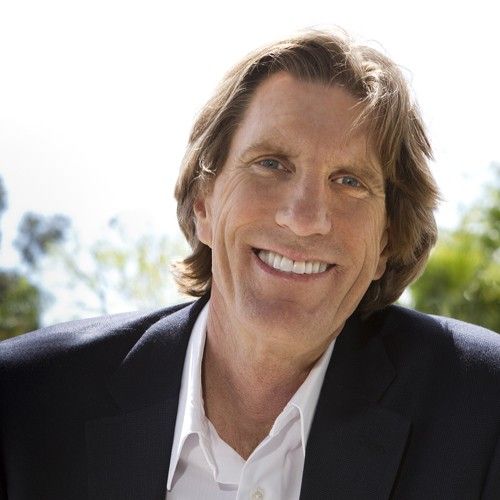As of 2010, more than one third of American adults were obese. In 2011, heart disease and diabetes were among the leading causes of death. For Dr. James Hardeman, a physician at St. Jude Medical Center in Fullerton, CA, the worst part about these issues is that they’re very often preventable. Hardeman is the author of the forthcoming book, “Appears Younger Than Stated Age,” in which he gives people the advice they need to live longer, healthier lives.
In the book, Hardeman emphasizes the importance of physical activity and healthy eating habits. Even though we might not see the immediate effects of a sedentary lifestyle or overeating, in the long run these habits may cause serious consequences. Hardeman’s philosophy is partly based on the “input-output equation,” or the idea that we need to burn off as much energy as we consume in order to maintain our ideal body weight. Greatist sat down with Hardeman to talk about eating right, working out, and why he’s personally passionate about helping people achieve better health. What follows is an edited and condensed version of the interview.
What motivated you to write this book?
I’ve taken care of the sickest of the sick patients at the [Intensive Care Unit] and it’s not so subtle an observation that lots of those diseases could have been prevented. And when people say that it’s painful to get out and exercise every day, they haven’t seen anything until they’ve been a patient in the Intensive Care Unit. It’s a sad thing to see people who wouldn’t have needed to be there had they taken a few precautions earlier.
Why do you think people take their health for granted?
It’s a lot easier to sit on the couch than to convince yourself to get out there and pound the pavement. And just doing it once doesn’t really transform you. It’s just too gradual for people to get immediate gratification or immediate punishment.
Do you think most people don’t start thinking seriously about their health until they actually start looking older?
The thing that causes people to take [their health] most seriously is when the fear factor sets in. You know, a heart attack. All of a sudden people get serious — they stop smoking, they start exercising. Or an open heart surgery or some catastrophe like that. It makes so little sense to wait for a catastrophe to hit to motivate you.
Why is health and fitness personally important to you?
I’m just average so if I can do it anybody can. The only thing that I have is the dedication to it. It’s the sense of self-respect that keeps me doing it.
Why did you decide to pursue medicine?
I’m empathetic with people who are overweight. I understand their plight; I understand how difficult it must be to try to get to your ideal body weight. And when I do the ICU work, unfortunately it’s kind of like a baseball player where you hit three out of 10 [and] it makes you feel like you’re doing a great job. But the ones that are successful are very gratifying.
What’s the key to preventing problems down the road when you’re still in good health?
I think the key is education, although judging from the number of young adults who still take up smoking, nothing is going to convince everyone. Some of these younger adults, of course, will become more serious about healthy living once they detect some of the effects of aging.
What are the healthy habits that keep you looking and feeling young? Let us know in the comments below or tweet the author @ShanaDLebowitz.

